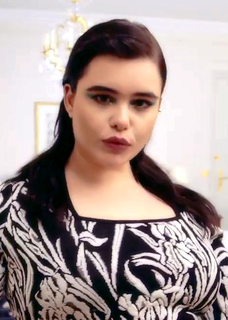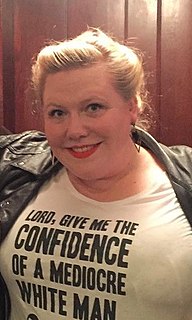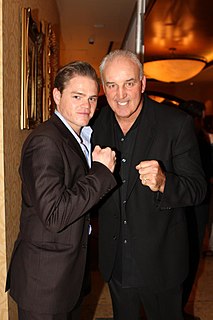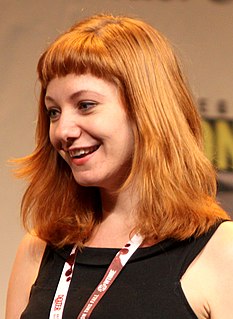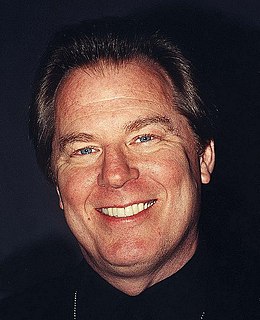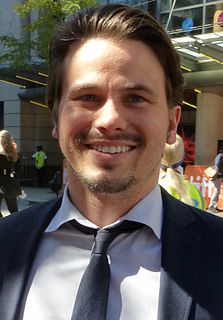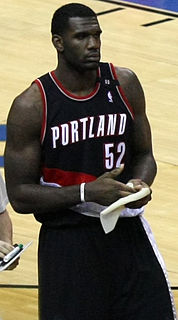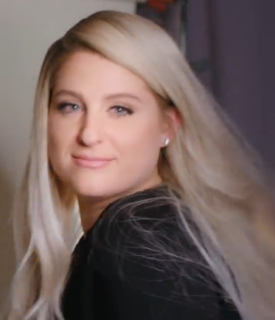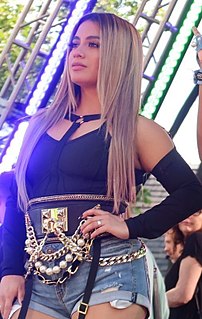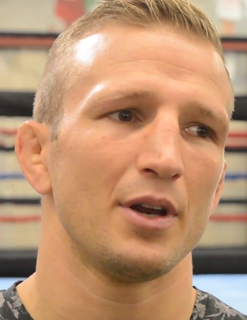A Quote by Barbie Ferreira
I have a ton of guy friends who talk to me about their bodies, too. But boys are often left out of the body positivity conversation.
Quote Topics
Related Quotes
I would want people to know that they don't have to hate their body and don't have to be afraid of it, but that it's also okay to feel uncomfortable with it at times. The body positivity conversation often gets sort of oversimplified and flattened into, "Yay! Everyone has to love everything about their body all the time!" And that's not realistic, that's not how bodies work, that's not how emotions work. It's fine to have these kinds of confusing and conflicting feelings.
